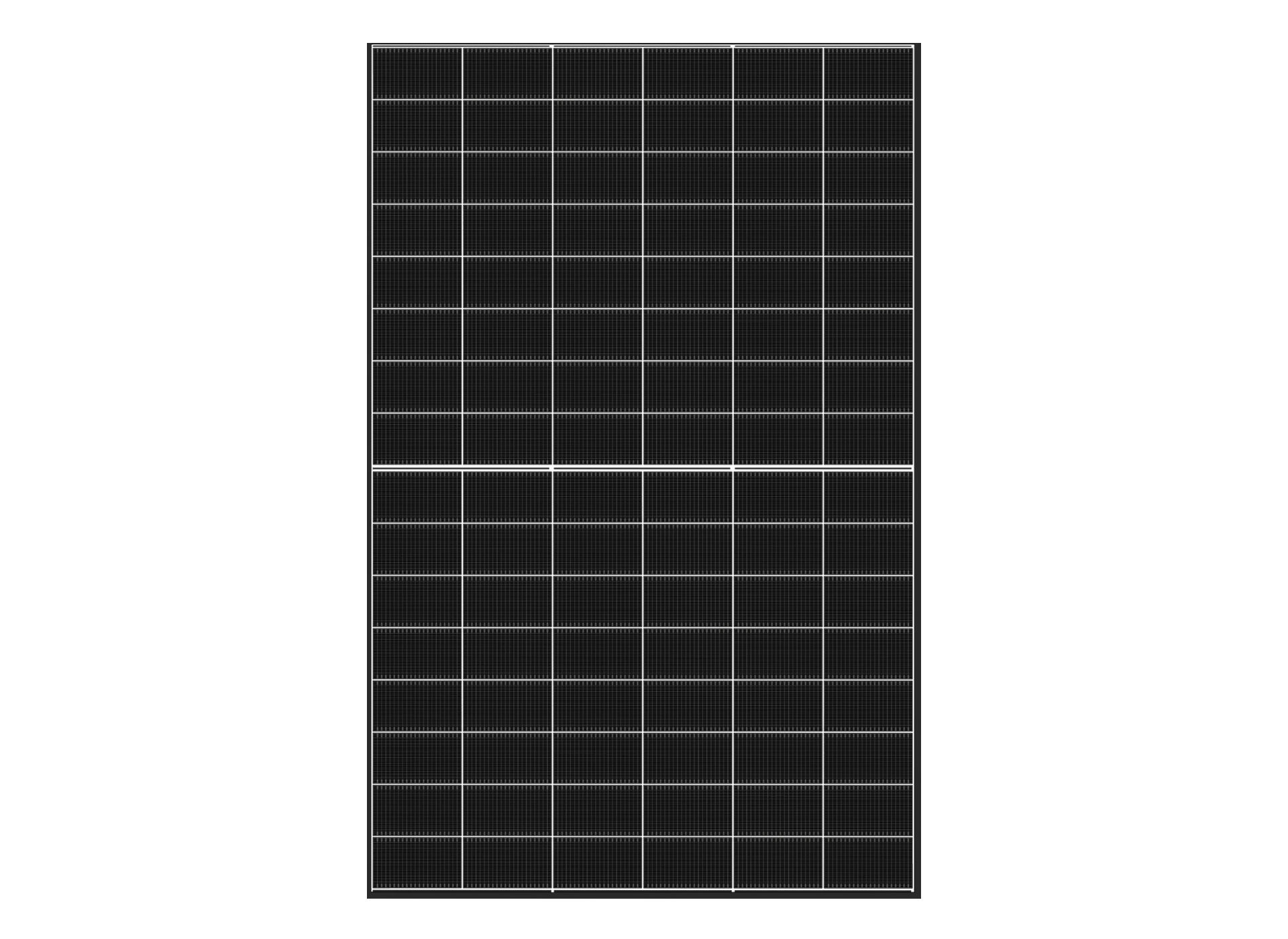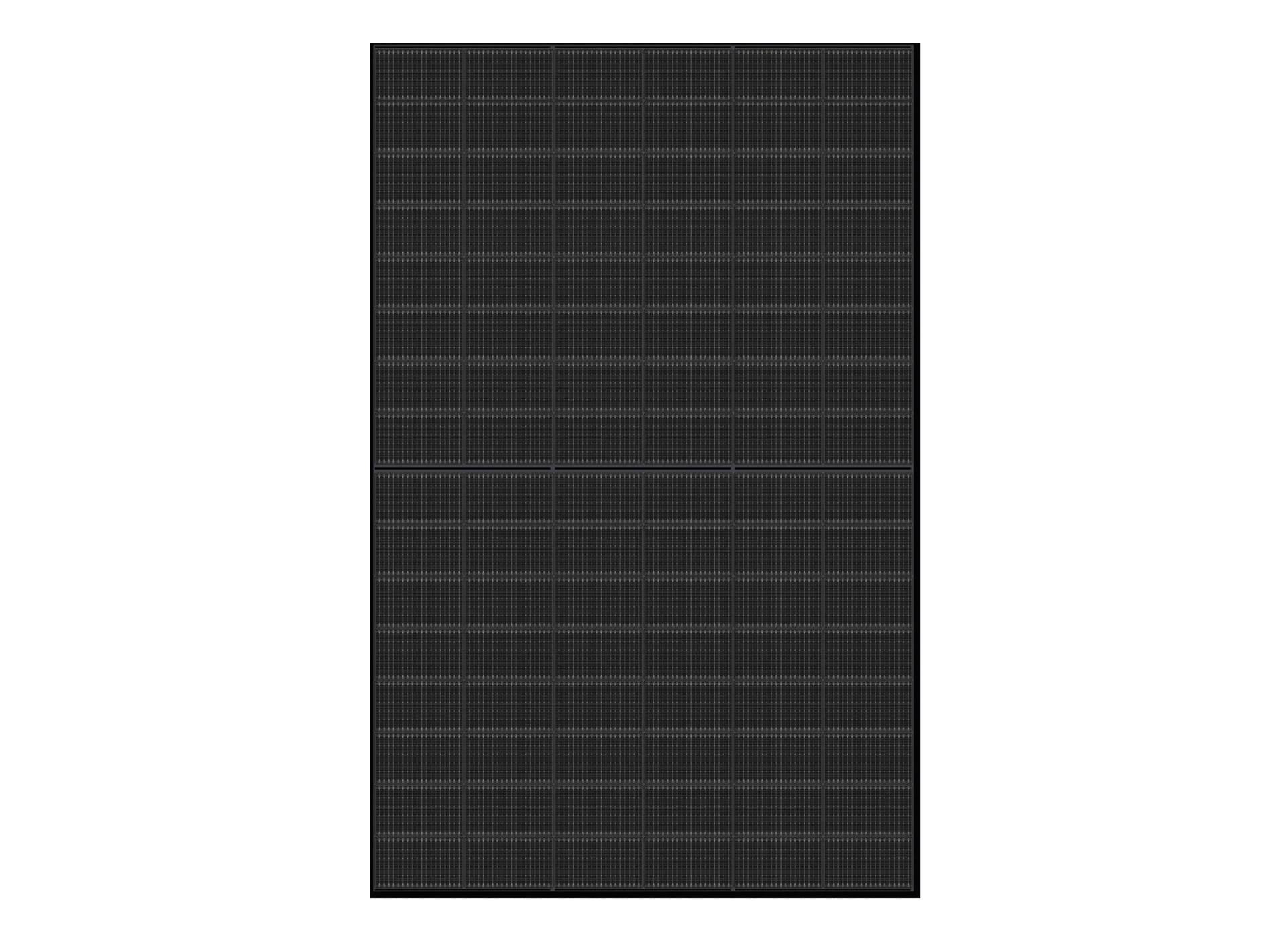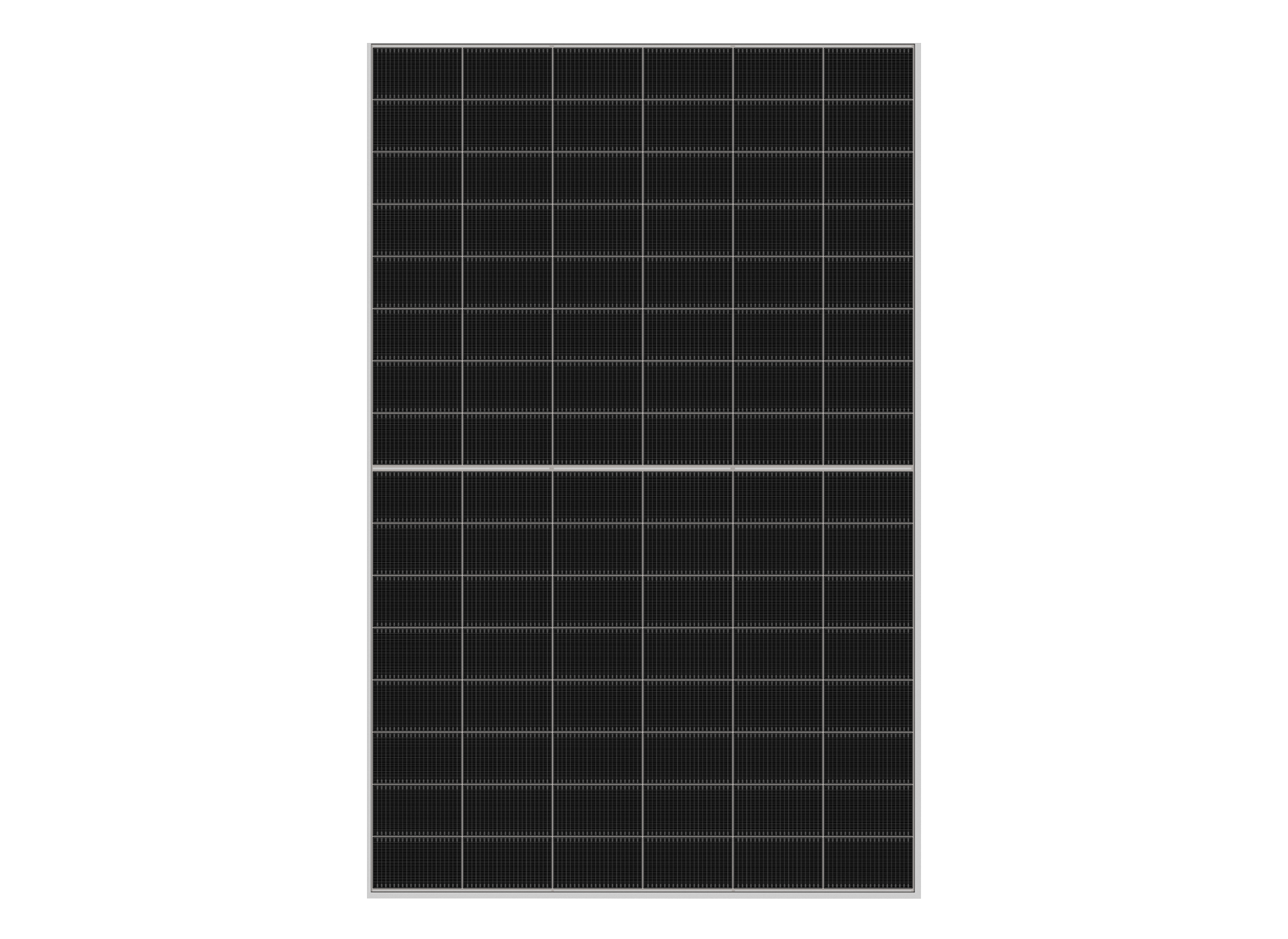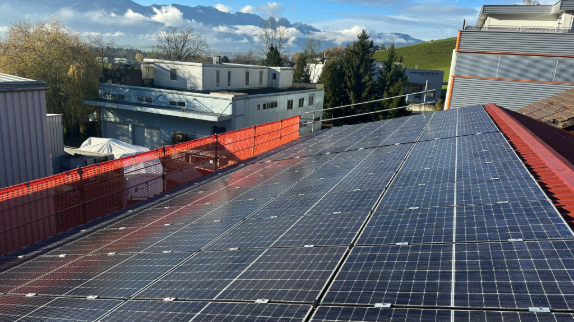Residential
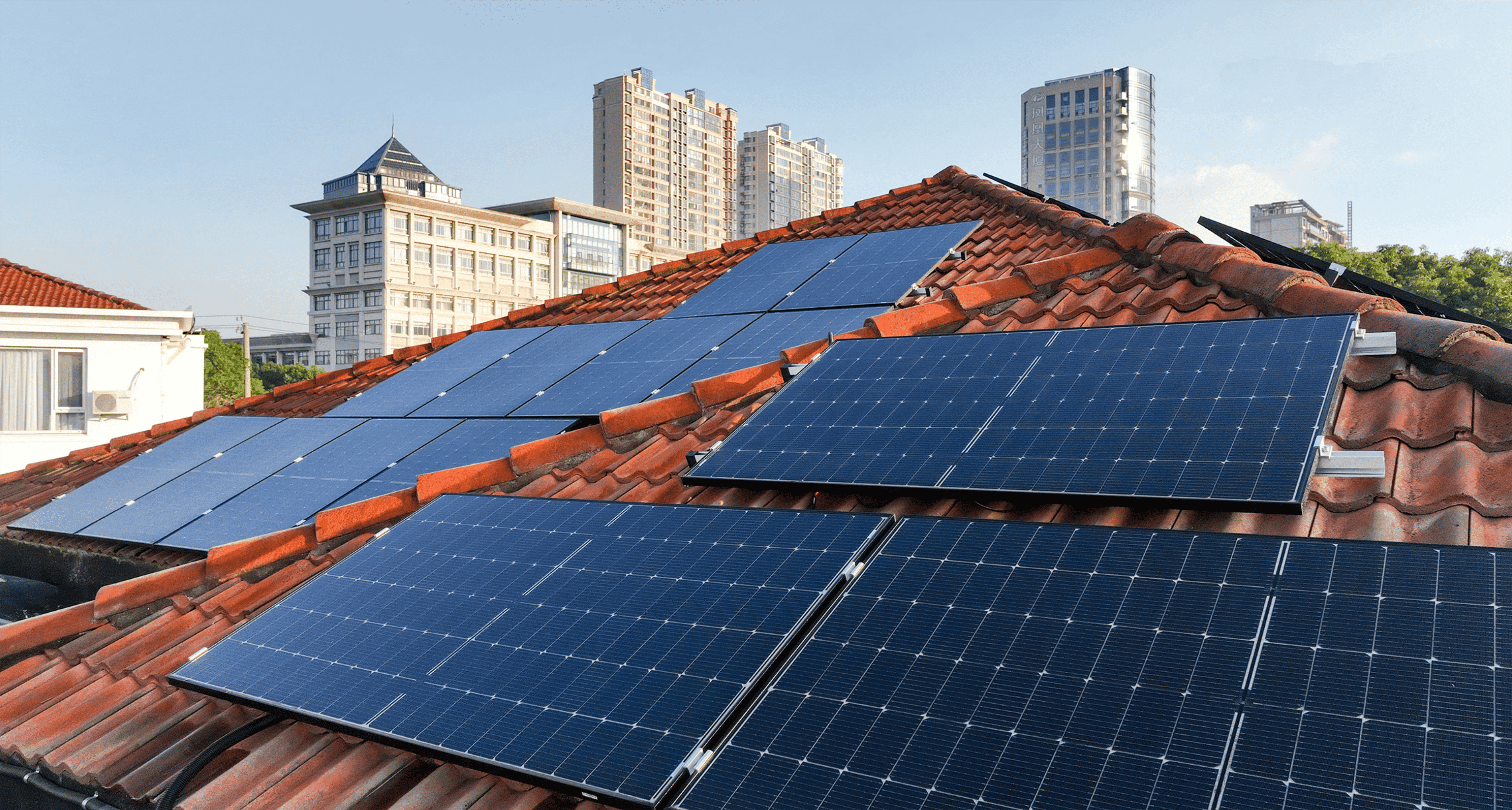
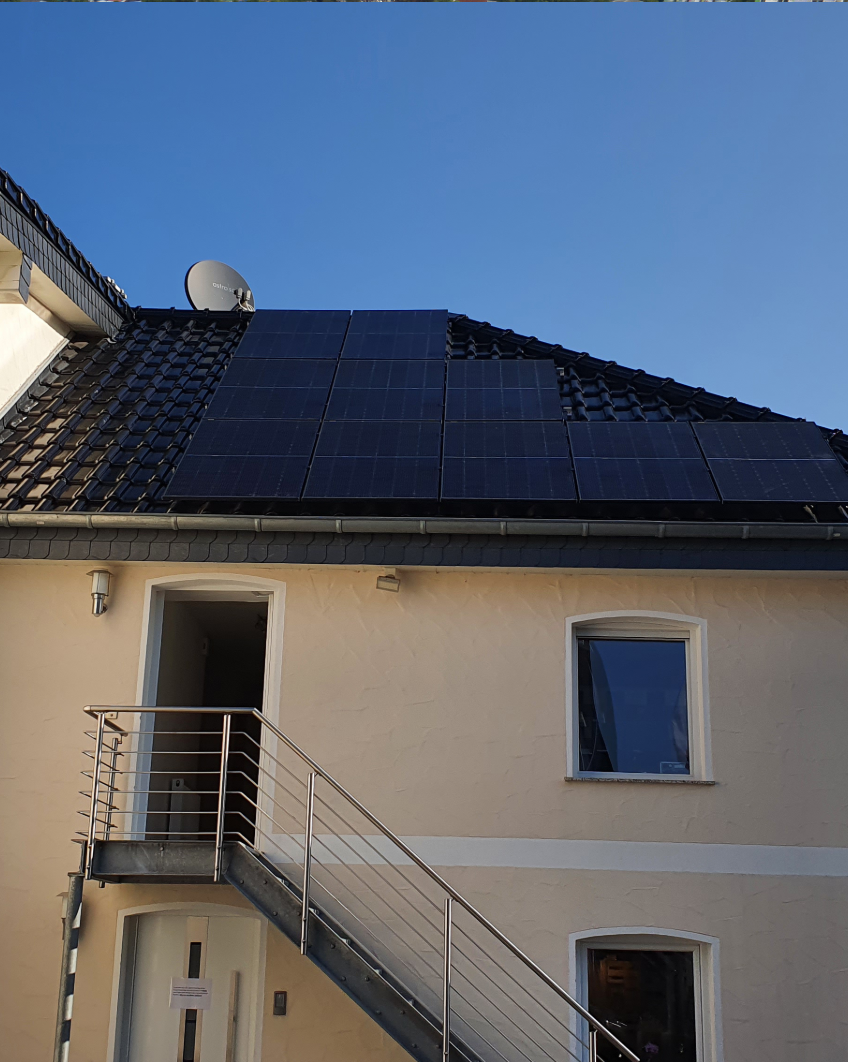
Huasun PV modules are designed to empower residential rooftops by blending aesthetic appearance with technological versatility. Committed to advancing high-efficiency solar solutions, Huasun enhances both livability and visual appeal for every household. Our modules offer clean, efficient energy that delivers outstanding performance and superior returns.
Scenes
-
 Household Roof
Household Roof -
 Balcony Roof
Balcony Roof -
 Greenhouse
Greenhouse -
 Courtyard
Courtyard






































